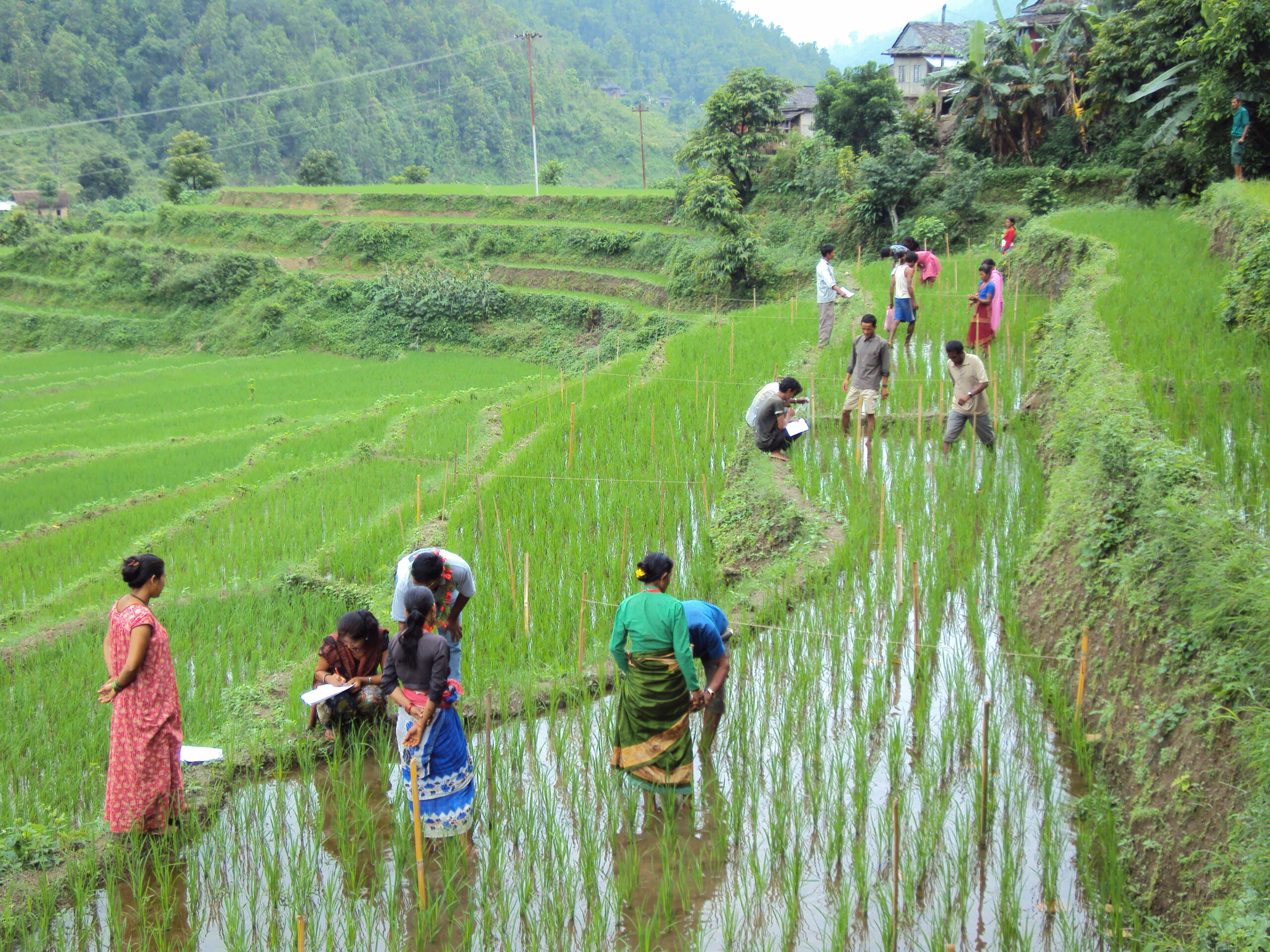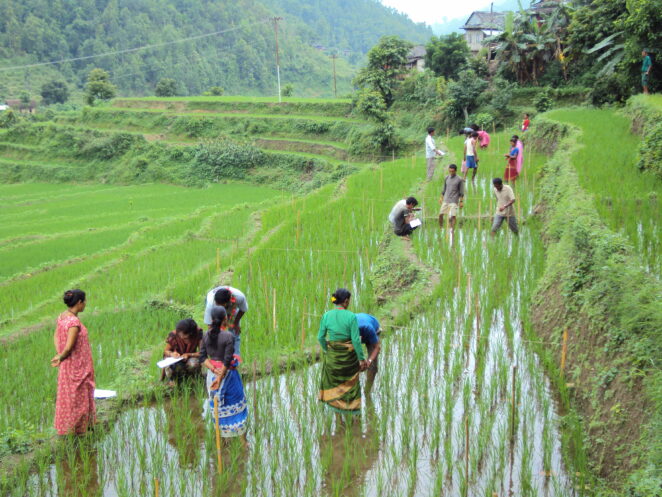Case-study /
Managing climate risks and enhancing resilience in Nepal


Project overview
Nepal is one of the global “hot spots” for natural disasters and climate change impacts. The poorest groups of people reside in the rural areas which are usually hit hardest by the consequences of climate change and increasingly frequent natural hazards. Agriculture, which is Nepal’s main economic sector employs about 80% of the population. A shift from reactive emergency response to proactive climate change adaptation and disaster risk management initiative is crucially needed to save agricultural livelihoods.
FAO implemented a TCP project to strengthen the capacities for disaster preparedness and climate risk management in the Nepalese agricultural sector. In support of this project, a Joint Programme was implemented in coordination with UNDP, the Ministry of Agriculture and Cooperatives (MoAC), the Department of Agriculture (DoA), the Department of Livestock Services (DLS), the Nepal Agricultural Research Council (NARC), the Department of Hydrology and Meteorology (DHM), United Nations Development Programme (UNDP) and other partners at national, disctrict and community level.
Contact
Selvaraju RamasamyNatural Resources Officer (NRC)selvaraju.ramasamy@fao.org
